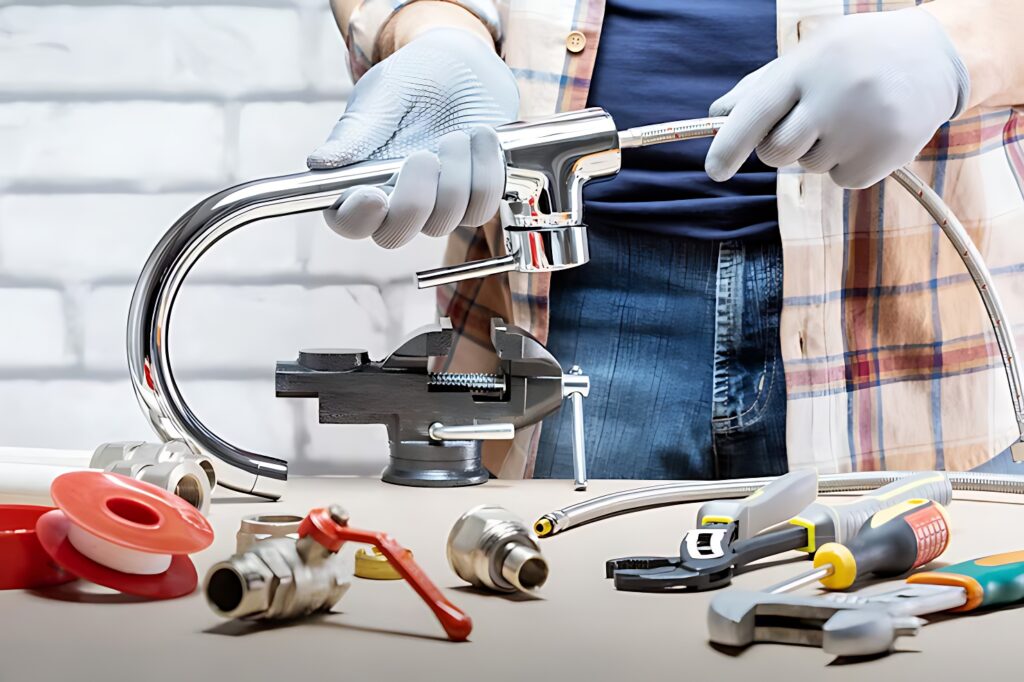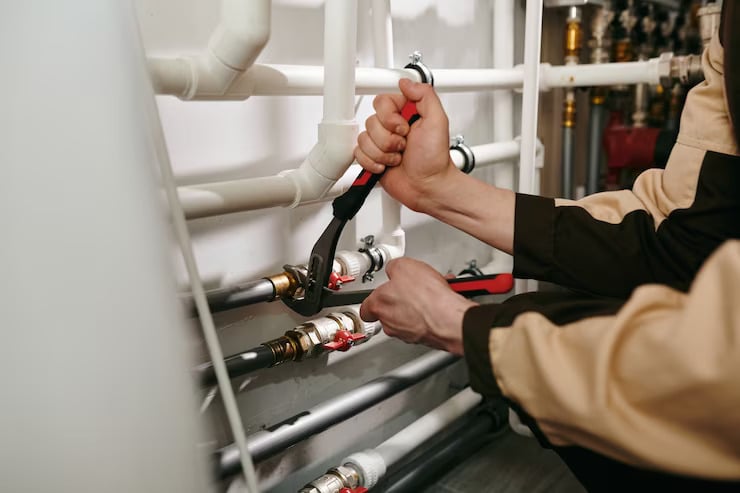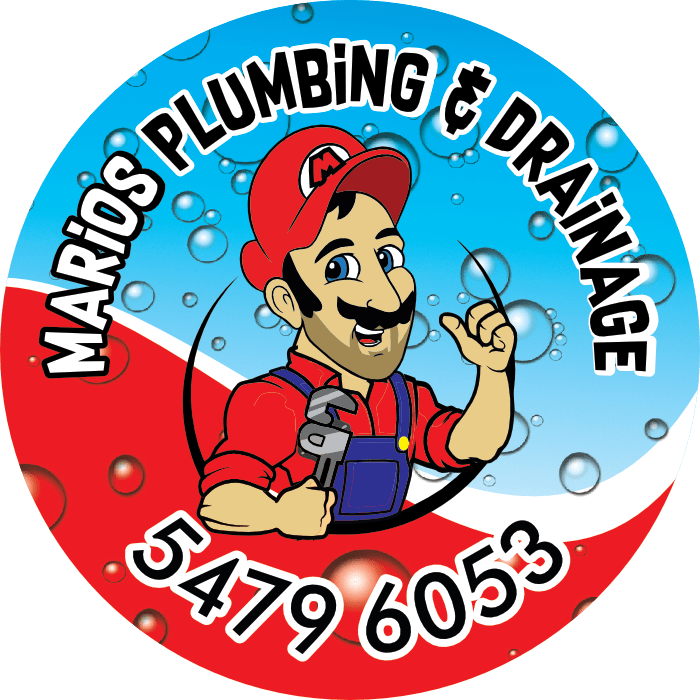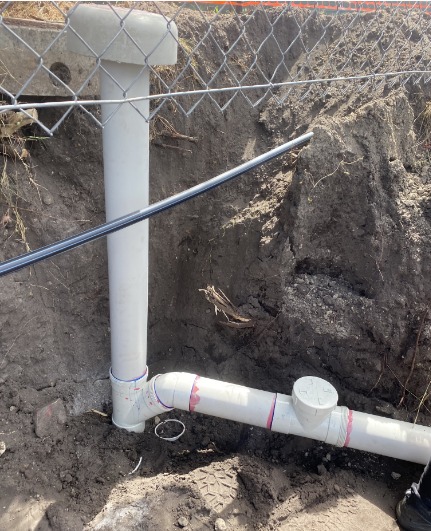In the realm of commercial enterprises, ensuring smooth operation and functionality of plumbing systems is paramount. From office buildings to retail spaces, restaurants to manufacturing plants, every business relies heavily on efficient plumbing. However, inevitable wear and tear or unexpected breakdowns can disrupt operations and even lead to significant financial losses. This underscores the critical need for effective strategies in commercial plumbing repair. Effective strategies for commercial plumbing repair encompass a range of proactive measures and responsive actions. These include regular inspections to detect potential issues before they escalate, prompt maintenance to address minor problems early on, and swift emergency response protocols to minimize downtime in case of major failures. Moreover, leveraging advanced technologies and skilled professionals ensures that repairs are not only effective but also efficient, reducing overall costs and enhancing the reliability of plumbing systems. By adopting these strategies, businesses can safeguard against disruptions and maintain optimal functioning of their plumbing infrastructure, supporting continuous productivity and customer satisfaction.
Understanding Common Commercial Plumbing Issues

Effective plumbing is crucial for the smooth operation of any commercial establishment. From office buildings to restaurants, plumbing problems can disrupt business operations, cause damage, and lead to costly repairs if not promptly addressed. Understanding the common issues that arise can help businesses prevent problems or tackle them swiftly when they occur.
Clogged Drains
Clogged drains are a frequent issue in commercial settings due to the volume of usage. Hair, grease, food particles, and other debris can accumulate and block drains, leading to slow drainage or backups. Regular maintenance and proper disposal practices can prevent these issues.
Leaking Fixtures
Leaky faucets, toilets, and pipes are common sources of water wastage in homes and buildings, often stemming from worn-out seals, loose connections, or corrosion. These leaks not only contribute to unnecessary water consumption but can also lead to higher utility bills and potential water damage over time. Prompt repairs are crucial in addressing these issues, as they not only prevent further wastage but also contribute to water conservation efforts.
Water Heater Problems
Inconsistent hot water supply or complete failure can disrupt operations, especially in businesses like hotels or restaurants. Issues may include sediment buildup, faulty thermostats, or mineral deposits. Regular maintenance and timely repairs are essential to ensure uninterrupted hot water supply.
Toilet Issues
Toilets in commercial settings can face various problems such as clogging, running continuously, or flushing inadequately. These issues are often caused by excessive use or improper disposal of items. Regular inspections and educating users on proper toilet use can mitigate these problems.
Sewer Line Blockages
Expanded Content: Blockages in sewer lines can cause foul odors, backups, and potential health hazards. Tree roots, debris buildup, or structural defects can lead to these blockages. Professional inspection and cleaning of sewer lines are necessary to prevent extensive damage.
Regulatory Compliance and Commercial Plumbing

Ensuring regulatory compliance is crucial for commercial establishments when it comes to plumbing systems. Compliance with local, state, and federal regulations not only ensures the safety and health of occupants but also avoids legal penalties and fines. Understanding these regulations is essential for businesses to maintain operational integrity and reputation.
Building Codes
Building codes dictate the design, installation, and maintenance standards for plumbing systems. Compliance ensures that plumbing fixtures, pipes, and water heating systems meet safety and performance requirements. It covers aspects such as pipe sizing, venting, and accessibility for maintenance.
Health and Safety Standards
Health regulations govern aspects like water quality, sanitation, and prevention of contamination. Compliance includes ensuring potable water supply, proper wastewater disposal, and maintaining hygiene standards in commercial kitchens, bathrooms, and medical facilities.
Backflow Prevention
Backflow prevention regulations aim to safeguard the public water supply from contamination. Businesses must install and maintain backflow prevention devices where necessary, conduct regular testing, and comply with local plumbing codes to prevent cross-connections between potable and non-potable water sources.
Water Conservation Requirements
Many jurisdictions have water conservation ordinances that mandate businesses to install water-efficient fixtures such as low-flow toilets and faucets. Compliance involves ensuring these fixtures meet specified flow rates and regularly auditing water usage to identify and rectify inefficiencies.
Accessibility Standards
Accessibility regulations ensure that plumbing fixtures are accessible to individuals with disabilities. This includes requirements for grab bars, accessible toilet stalls, and sink heights. Compliance involves adhering to the Americans with Disabilities Act (ADA) and local accessibility codes.
Preventative Maintenance Tips for Commercial Plumbing Systems
Preventative maintenance is essential for ensuring the reliability and longevity of commercial plumbing systems. By proactively addressing potential issues, businesses can avoid costly repairs, minimize downtime, and maintain optimal operational efficiency.
- Regular Inspections: Schedule routine inspections of plumbing fixtures, pipes, and water heaters to detect leaks, corrosion, or other issues early on.
- Clear Drains and Sewers: Implement regular cleaning of drains and sewer lines to prevent clogs and backups that can disrupt business operations.
- Check Water Pressure: Monitor water pressure levels to identify potential issues such as leaks or blockages in the plumbing system.
- Maintain Water Heaters: Flush water heaters regularly to remove sediment buildup and ensure consistent hot water supply.
Conclusion
Mastering effective strategies for commercial plumbing repair is crucial for maintaining the smooth operation of businesses. By emphasizing proactive maintenance, such as regular inspections and preventive measures, businesses can minimize costly disruptions and extend the lifespan of their plumbing systems. Additionally, prioritizing the use of high-quality materials and employing skilled professionals ensures that repairs are durable and reliable, providing long-term cost savings and peace of mind.
At Mario’s Plumbing and Drainage on the Sunshine Coast, we specialize in delivering these effective strategies to businesses throughout Queensland, Australia. With our commitment to quality craftsmanship and customer satisfaction, we strive to exceed expectations with every project. Whether you require emergency repairs or ongoing maintenance, our experienced team is ready to provide prompt and professional service tailored to your needs. Contact us today at 07 5479 6053 to discuss how we can assist you in optimizing your commercial plumbing system and safeguarding your business operations.


